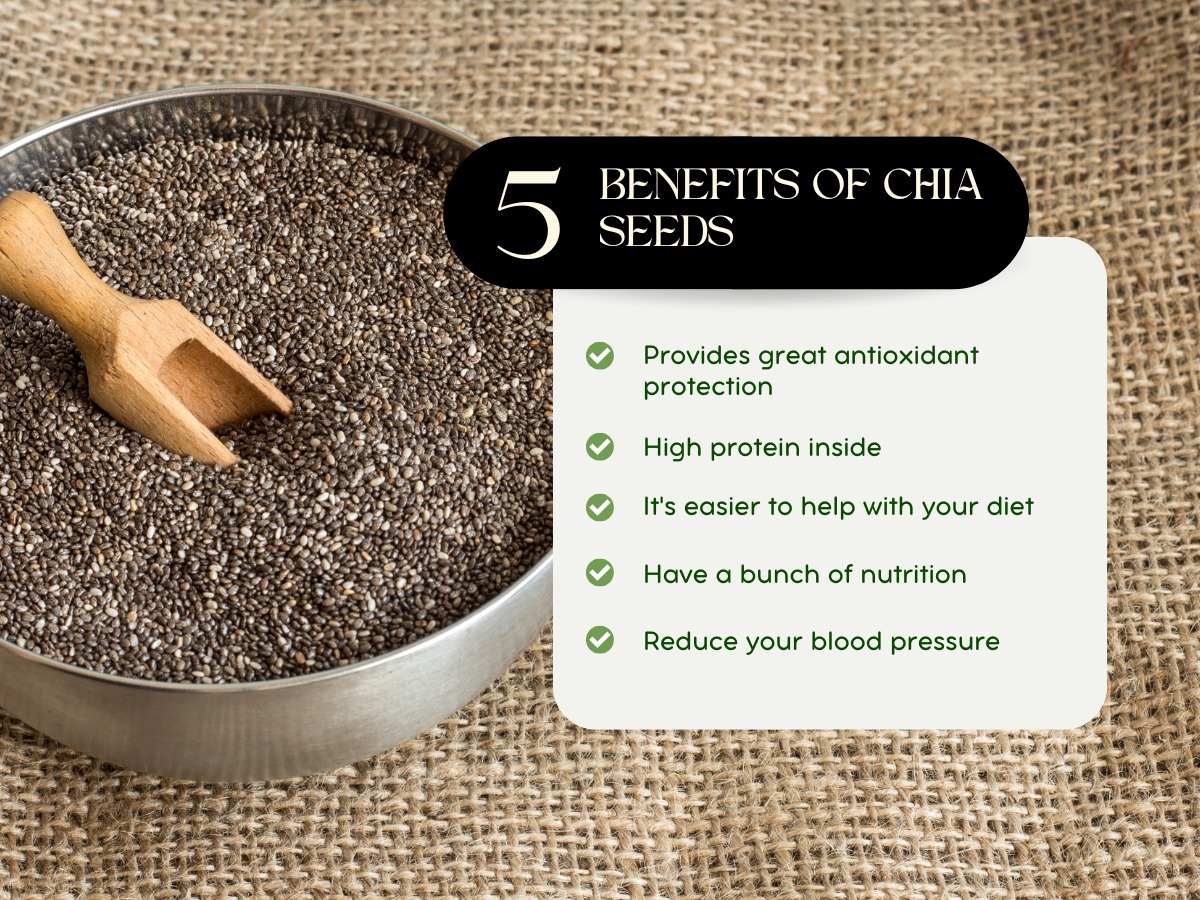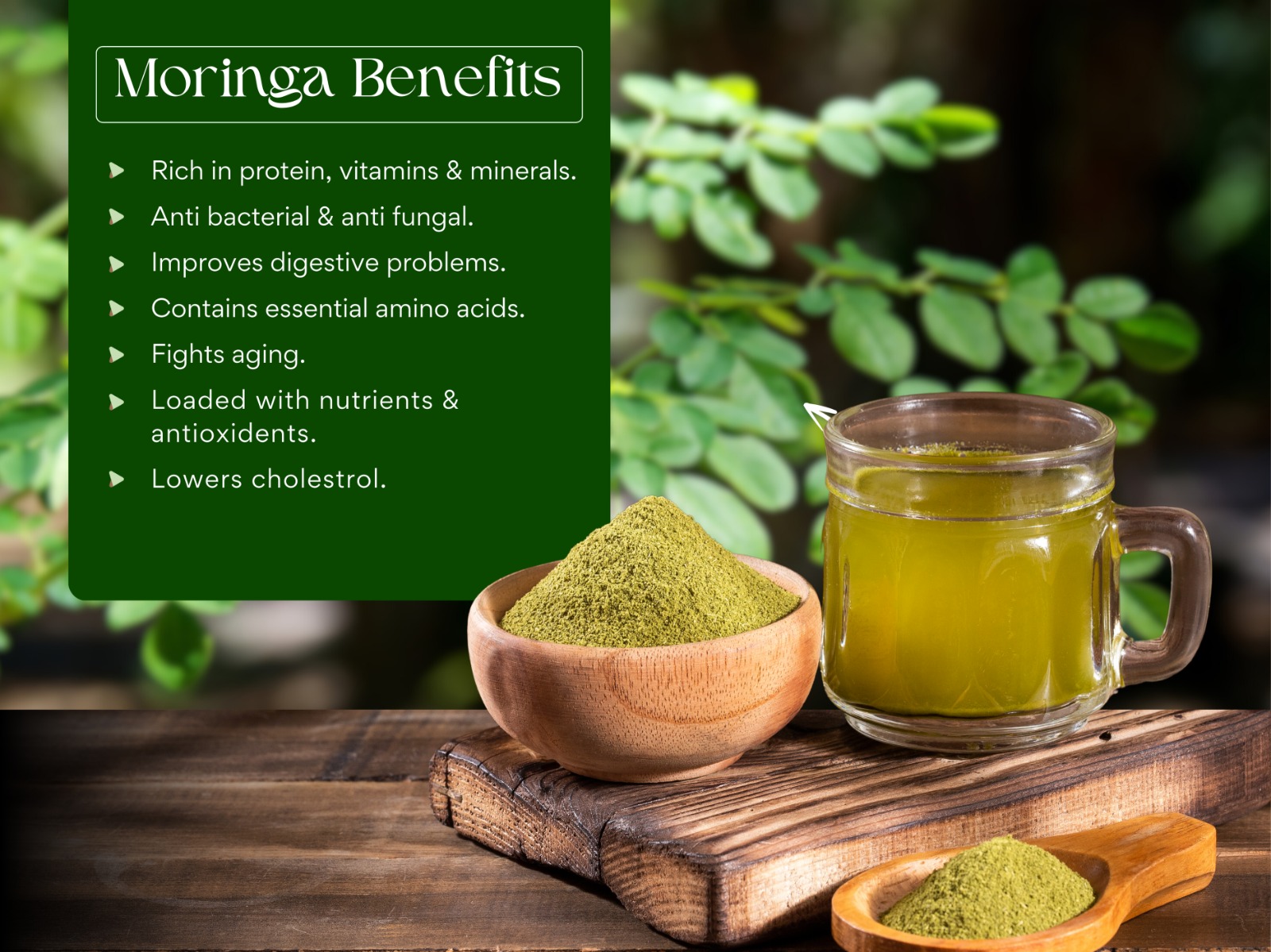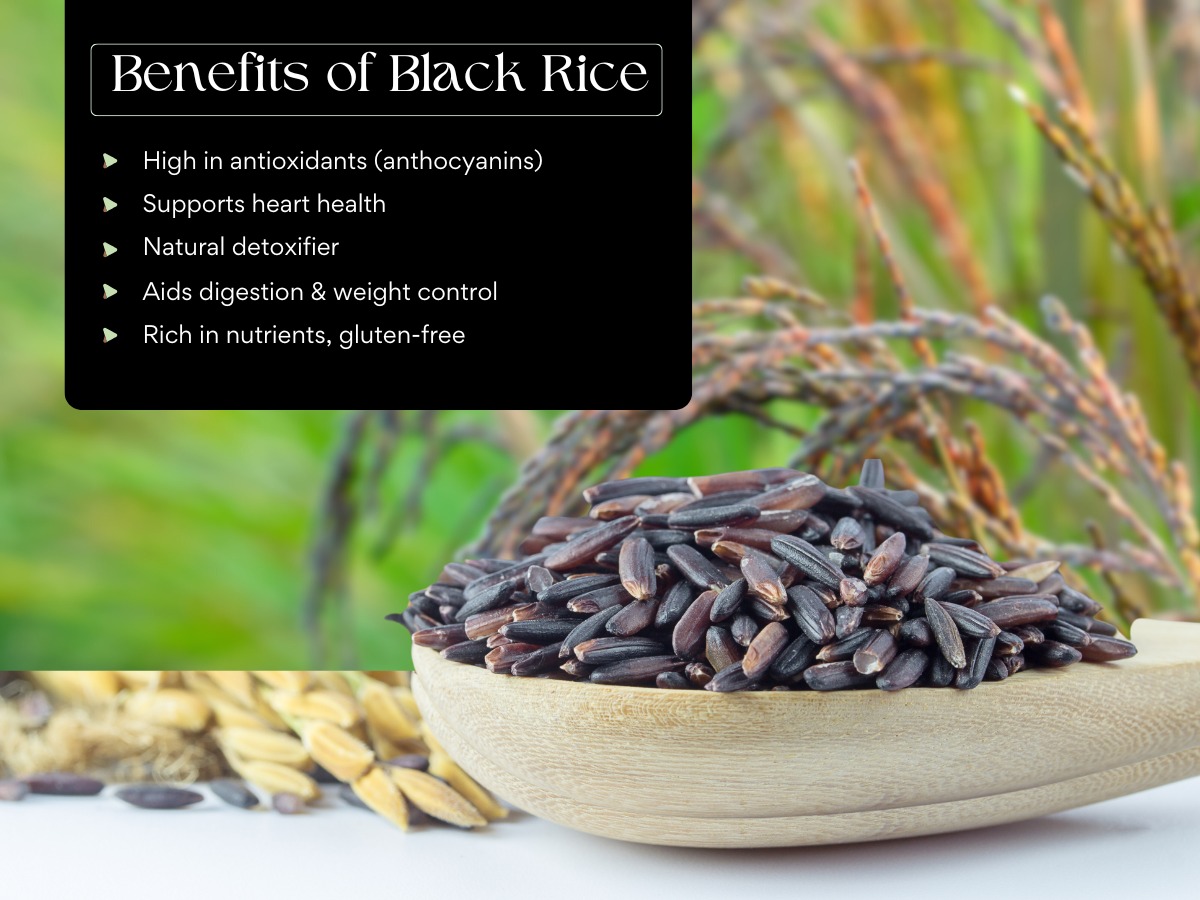In the world of superfoods, chia seeds have gained a loyal following for good reason. These tiny black and white seeds, native to Central and South America, are nutritional powerhouses packed with fiber, protein, omega-3 fatty acids, and various essential minerals. Whether sprinkled over a smoothie bowl or soaked into a pudding, chia seeds are one of the easiest ways to boost your daily nutrient intake. In this blog, we will explore the top five benefits of chia seeds and how incorporating them into your diet can make a meaningful difference in your overall health.
1. Excellent Source of Fiber for Digestive Health
One of the standout benefits of chia seeds is their high fiber content. Just two tablespoons (about 28 grams) of chia seeds provide approximately 11 grams of fiber, which is around 40% of the recommended daily intake for adults. This makes chia seeds an excellent natural remedy for supporting digestive health.
Fiber plays a crucial role in maintaining regular bowel movements and preventing constipation. When chia seeds are soaked in liquid, they expand and form a gel-like texture. This not only adds bulk to stools but also helps move waste smoothly through the digestive tract. Moreover, fiber acts as a prebiotic, feeding the beneficial bacteria in your gut, which contributes to a healthier microbiome and improved immunity.
Adding chia seeds to your breakfast cereal, yogurt, or even water can be a simple way to increase your fiber intake effortlessly.
2. Packed with Plant-Based Omega-3 Fatty Acids
Omega-3 fatty acids are essential fats that your body cannot produce on its own. While most people get their omega-3s from fish, chia seeds are one of the best plant-based sources available. They contain alpha-linolenic acid (ALA), a type of omega-3 that has been linked to numerous health benefits.
Regular consumption of ALA can help reduce inflammation, lower the risk of chronic diseases such as heart disease, and support brain function. Although the body converts ALA to the more active forms (EPA and DHA) in limited amounts, including chia seeds in a plant-based or vegetarian diet can still provide a helpful boost.
For those who don’t consume fish or fish oil, chia seeds offer a natural and effective way to get more omega-3s into your diet.
3. Helps in Weight Management and Satiety
If you’re trying to manage your weight or reduce overeating, chia seeds can be a valuable ally. Their high fiber and protein content contribute to a feeling of fullness, which can help curb cravings and reduce overall calorie intake.
When consumed, chia seeds absorb water and expand in your stomach, forming a gel-like substance that slows digestion and prolongs the sensation of satiety. This can be particularly useful between meals, helping you avoid unhealthy snacking.
Additionally, the protein in chia seeds supports muscle maintenance and can promote fat loss when combined with a healthy diet and regular exercise. Including chia seeds in your meals—like blending them into smoothies or adding them to baked goods—can be a simple yet effective strategy for supporting your weight management goals.
4. Rich in Antioxidants to Combat Free Radicals
Chia seeds are rich in antioxidants, which play a vital role in protecting your body from damage caused by free radicals. Free radicals are unstable molecules that can contribute to aging and the development of diseases like cancer and heart disease.
The antioxidants in chia seeds help neutralize these harmful compounds, reducing oxidative stress and promoting overall health. Not only do these antioxidants protect your cells, but they also help preserve the shelf life of chia seeds by preventing the fats in them from going rancid.
Including antioxidant-rich foods like chia seeds in your diet can support a healthy immune system, promote youthful skin, and reduce the risk of chronic illnesses.
5. Supports Heart Health
Heart disease remains one of the leading causes of death worldwide, and diet plays a critical role in its prevention. Chia seeds contain several nutrients that are known to benefit cardiovascular health, including fiber, omega-3 fatty acids, and antioxidants.
The soluble fiber in chia seeds can help lower LDL (“bad”) cholesterol levels and stabilize blood sugar levels, both of which are important factors in heart disease prevention. Meanwhile, their omega-3 content helps reduce inflammation and improve overall heart function.
Some studies suggest that consuming chia seeds regularly may lead to reductions in blood pressure and triglyceride levels, further supporting their heart-healthy benefits.
To take advantage of these cardiovascular benefits, try incorporating chia seeds into your daily routine—whether in overnight oats, salads, or even as an egg substitute in baking.
Conclusion
Chia seeds may be small, but their nutritional benefits are mighty. From improving digestion and promoting heart health to supporting weight management and providing plant-based omega-3s, these seeds are a true superfood. Their versatility and ease of use make them an ideal addition to almost any meal.
Whether you’re aiming to boost your energy, improve your skin, or simply eat healthier, chia seeds offer a natural, whole-food solution. So go ahead—sprinkle a spoonful of chia into your next dish and reap the incredible health rewards.



